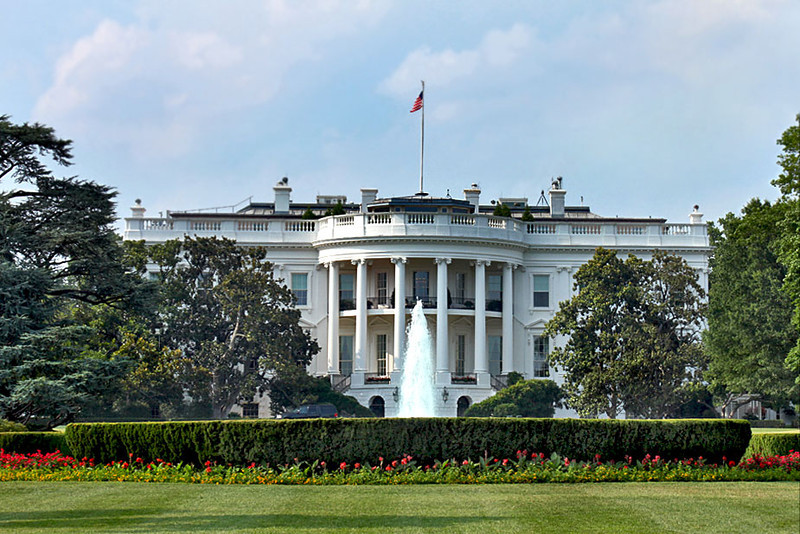2014; toughest year for U.S. in Afghanistan
Abdullah Elham Jamalzai, political analyst
Referring to the challenges that Afghans will be facing, and the opportunities that Afghans might have in 2014, this year seems very significant for Afghans, as well for the white house; they also face a number of serious challenges and enquiries this year; whether they will withdraw all their troops with a failure, or they choose to fight for next 10 years or more; if they are facing a serious demand from their nation of the their troops withdrawal from Afghanistan and the immediate stop of the killings of American soldiers in Afghanistan; in that case white house, specifically, President Obama will be under pressure, because he has to take these decisions in 2014; that’s why this year is the toughest not only for Afghanistan but also for U. S.
According to Washington Post; Obama’s administration is pushing for a new security deal with the Afghan government that would allow at least 8,000 U.S. troops to stay in Afghanistan until “2024 and beyond.” (By any definition, this is 10 more years of war, no matter what the White House says. If President Obama proposes sending 8,000 troops to Syria, with them located in a network of U.S. military bases and carrying out combat operations, any rational person would rightly see this as launching a war. The same definition is true of the next decade in Afghanistan, but the White House tries to show this one as a very normal case.)
Americans easily judge this as well, that during seven years under President George W. Bush, 630 Americans were killed in Afghanistan. Under Obama, 1,671 soldiers have been killed, and still it is not clear to which direction is this war going, Meanwhile it will make the decision tougher for Obama to extend the war for 10 more years.
According to a report published in USA; Obama’s opposition to the invasion of Iraq helped him claim the Democratic nomination over Hillary Clinton in 2008, and voters’ weariness over the wars in Iraq and Afghanistan contributed to his victory in the general election over Republican John McCain. Currently the numbers of US troops in Afghanistan are decreasing, but the statistics clearly defines the increased oppositions in the US to the war in Afghanistan, meanwhile the American leaders are trying to justify and legitimize this war.
Now when the Bilateral Security Agreement between Kabul and Washington is not signed, it is not clear what will happen next and what do Hamid Karzai and his team wants by refusing to sign the agreement immediately, and it is also not clear what will be the upcoming reaction of U.S, and also we must see that what happens between Afghanistan, NATO and the so called international anti-terror coalition, all these questions need time to get answered. If the agreement gets signed, it will mean that the NATO and US mission will continue in Afghanistan and the American military trainers and advisors would stay in Afghanistan. If it does not get signed and the current debate between Kabul and Washington does not end to a result, it will mean that the military mission of U.S will terminate on 31th December 2014 after thirteen years from the military attack on Afghanistan; therefore the year 2014 is a very important year for Obama’s administration.
USA Today newspaper quoted through Wali Nasr, a former adviser on Afghanistan and Pakistan affairs to Obama administration and currently the dean of the Johns Hopkins University School of Advanced International Studies that the eagerness of most Americans has raised to see this chapter closed and failing to reach a deal in this case probably wouldn’t cost Obama politically at home, But its substantive impact in the longer term could be catastrophic.
He adds: “It becomes a problem down the road if we don’t have an agreement with Karzai, we end up going to a zero option with Afghanistan and the place disintegrates into civil war,” and “If Afghanistan unravels, the reasons that got us there in the first place may very well return, and we may very well be put in the same position 10 years from now and have to go back in.”
With all reasons mentioned above, 2014 is an important year for Afghanistan as well; keeping in mind the importance of national, regional and global events, which can affect Afghanistan, it is also important for the relation of Afghanistan and its western allies especially for U.S that must get a result of their war that has lasted more than a decade and the heavy casualties caused to them.

